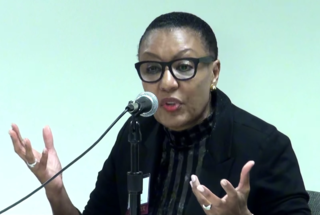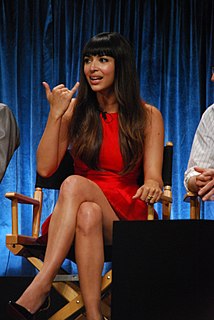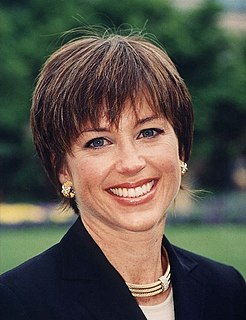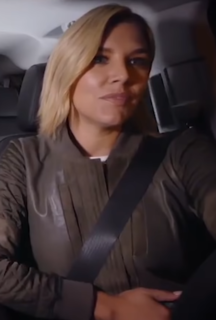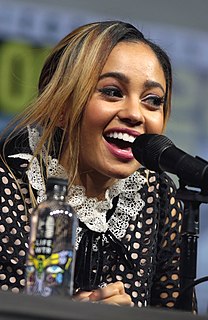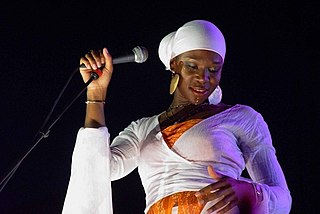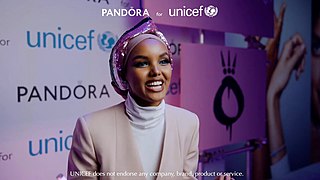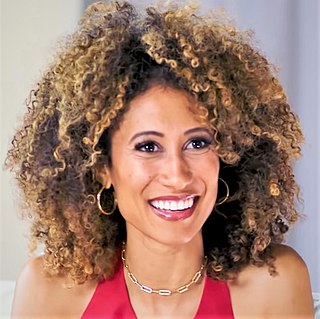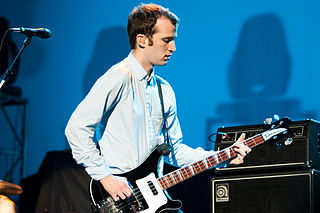A Quote by Alesha Dixon
There were very few British black women on TV or in music when I was a teenager; when you're growing up, you need someone you can identify with. I remember at Christmas being bought a doll that didn't look anything like me, so I threw it away.
Related Quotes
When I was growing up, there was no one. There were very few black women in tech; there were very few black women in the fashion game. We didn't have our Grace Jones - Grace Jones was before my time. We didn't really have a lot of black women in electronic and punk who were celebrated in the same levels as, say, your big mega-superstars.
I had very supportive parents that made the way for me, even at a time when there were very few women - no women, really; maybe two or three women - and very few, fewer than that, African-American women heading in this direction, so there were very few people to look up to. You just had to have faith.
In the very early stages of working in sports, I was sick of being referred to as "the Barbie doll" because I had long, blond, fake hair. So I went and bought a boxed hair color, dyed my hair black, and put on glasses. And I looked ridiculous. I looked like a completely different person. I was trying to get away from the stereotype but what I realized in doing that is that what I say and how I conduct myself in what I do will speak for itself, and I don't need to apologize for being a woman in that space.
I've always been a lover of classical music ever since I was an early teenager I suppose. I remember the very first piece of classical music that grabbed me was I bought an LP of Daniel Barenboim performing Mozart's piano concertos and I would have been about 14 or 15 at the time and I remember I played it over and over again.
When I was younger, I didn't have that type of person that I could look up to and be like, 'OK, this is someone who dresses like me and I relate to.' I didn't have that growing up, so to give that opportunity to a younger generation of women - and not just Somali women, but anyone who feels different - that means a lot to me.
I remember being like, 12 years old, and this was in the days before cell phones, or at least, having a cell phone. Some girls, I can't even remember who they said they were, called and said they had a crush on me. But it turned out to be a prank, and I thought that was just straight up nasty, you know what I'm saying? You're just sort of developing. You're insecure, your bones are growing... you have trouble sleeping. And all of a sudden, someone's pranking you on top of that? It's tough growing up.


